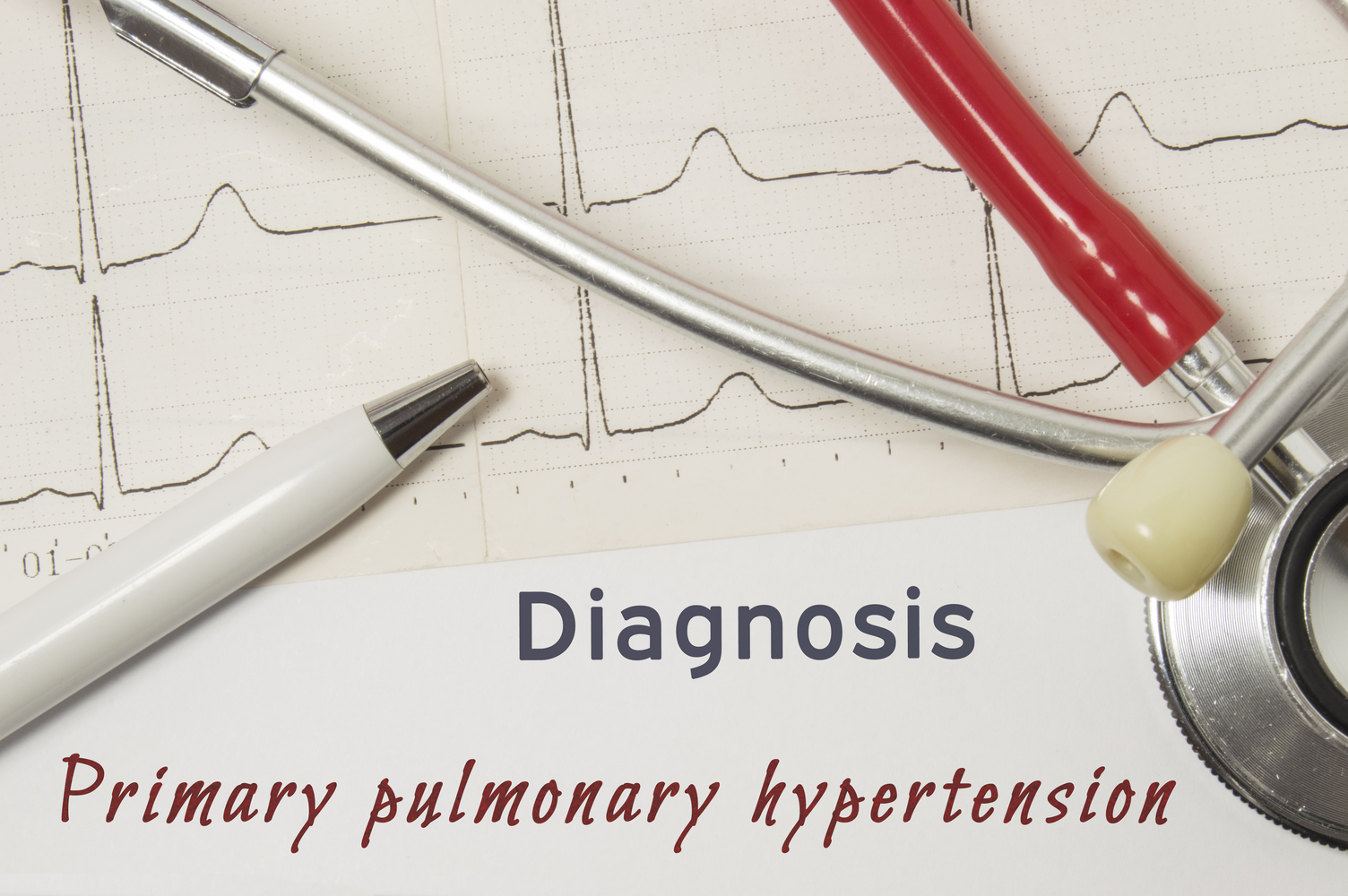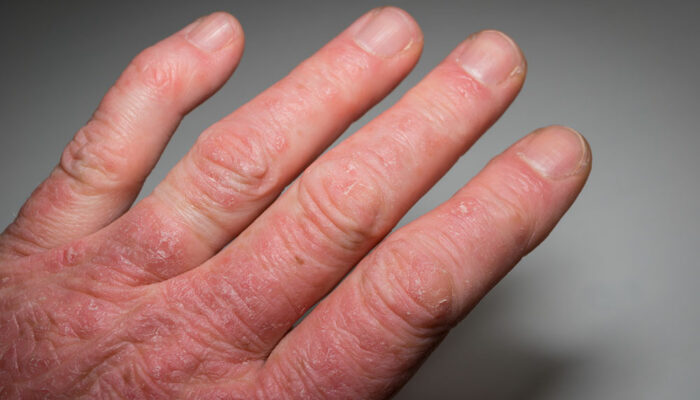
Key Symptoms and Causes of PAH
Pulmonary artery hypertension (PAH) is a subtype of pulmonary hypertension (PH). It is a condition in which the pulmonary arteries (arteries in the right side of the heart) face constriction. When the arteries constrict, the blood pressure rises, and the heart works harder to pump blood. It is a rare form of pulmonary hypertension, and a chronic and progressive condition.
1. Symptoms
Many symptoms of PAH are common to other heart and lung issues. In most cases, the initial symptoms are mild and often ignored. Here are a few that you should be aware of:
- Breathlessness
When the pulmonary arteries constrict, it is difficult for the blood to be oxygenated. A natural consequence of this is feeling breathless. More frequent inhalations try to compensate for the lack of oxygen, which can cause shallow breathing. - Fatigue and dizziness
The circulatory system carries the oxygenated blood from the lungs to the rest of the body. When this system slows down due to the lack of oxygen, the organs and tissues cannot work efficiently. This, in turn, causes tiredness. Also, dizziness and fainting are common when the brain does not receive enough blood. - Cyanosis and edema
Pulmonary arterial hypertension causes a reduction in blood circulation to the skin. Due to this reason, it may acquire a bluish tint. This is known as cyanosis. Slow kidney function also results in water retention and subsequent swelling in the lower body, especially in the ankles and feet. In severe cases, the abdomen is also affected. - Irregular heartbeat
When your body realizes that the oxygen it receives is inadequate, the veins of the heart start to work faster. This may cause chest pain. In the later stages of pulmonary arterial hypertension, the heart may tire and beat spasmodically. This is when the risk of a heart attack increases.
2. Causes
The causes of PAH are unknown, but research has identified various triggers. Most physical activities can cause PAH to flare up. Even after periods of rest, you may feel your heart racing rapidly, or feel breathless and tired. Sporadic heartbeats and cognitive issues may develop too. You may also detect problems in kidney functioning. Some common causes include:
- Heart valve disorders and congenital heart conditions
Heart valves keep blood in the heart flowing in the right direction. When one or more of the above-mentioned valves do not function properly, there is a disruption in the blood flow. Congenital heart disease refers to a defect in the structure of the heart that is present from birth. - Lung disease
Chronic obstructive pulmonary disease (COPD), interstitial pulmonary fibrosis (IPF), and sarcoidosis are diseases of the lung. COPD and IPF are related to alveoli, while sarcoidosis is an inflammatory disease. All of these hinder the oxygenation of the blood and can trigger PAH. - Cancer
Nearly 50 percent of lung cancer patients develop some kind of pulmonary hypertension. In most advanced-stage cases, PAH is common. Shortness of breath and respiratory distress are common to most lung cancer patients. Tumors that press on the pulmonary artery can also set off PAH.



